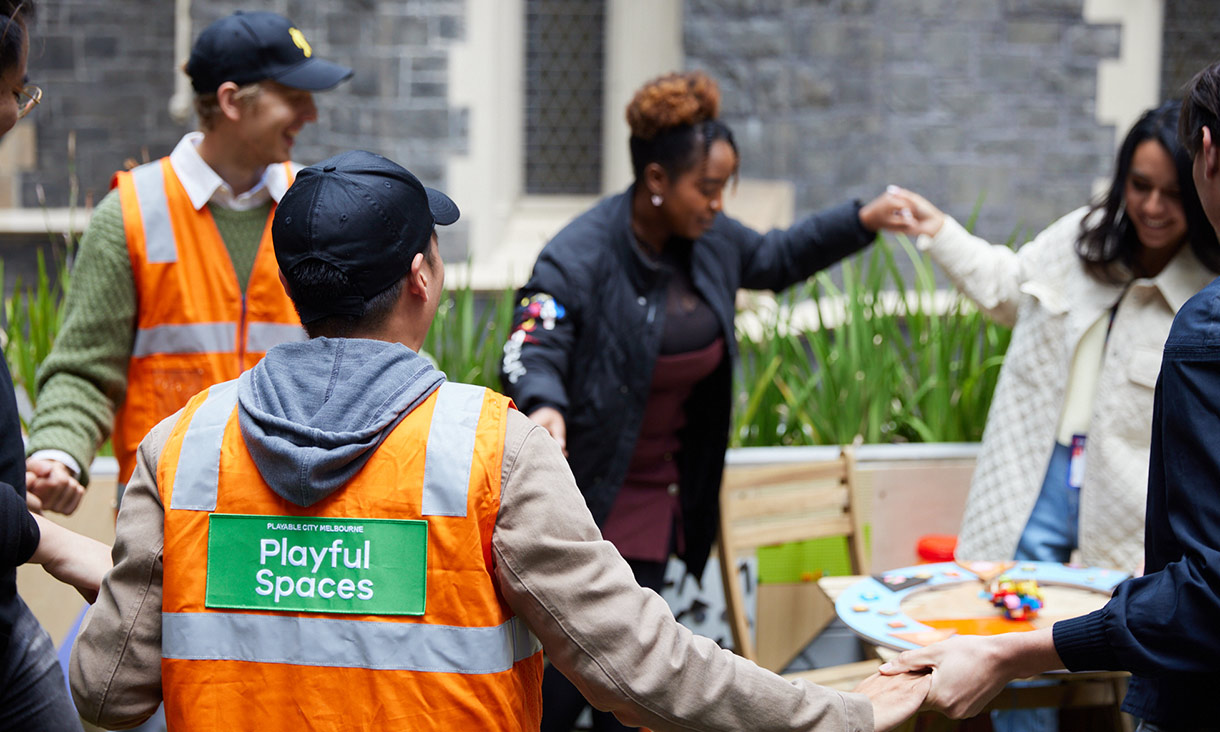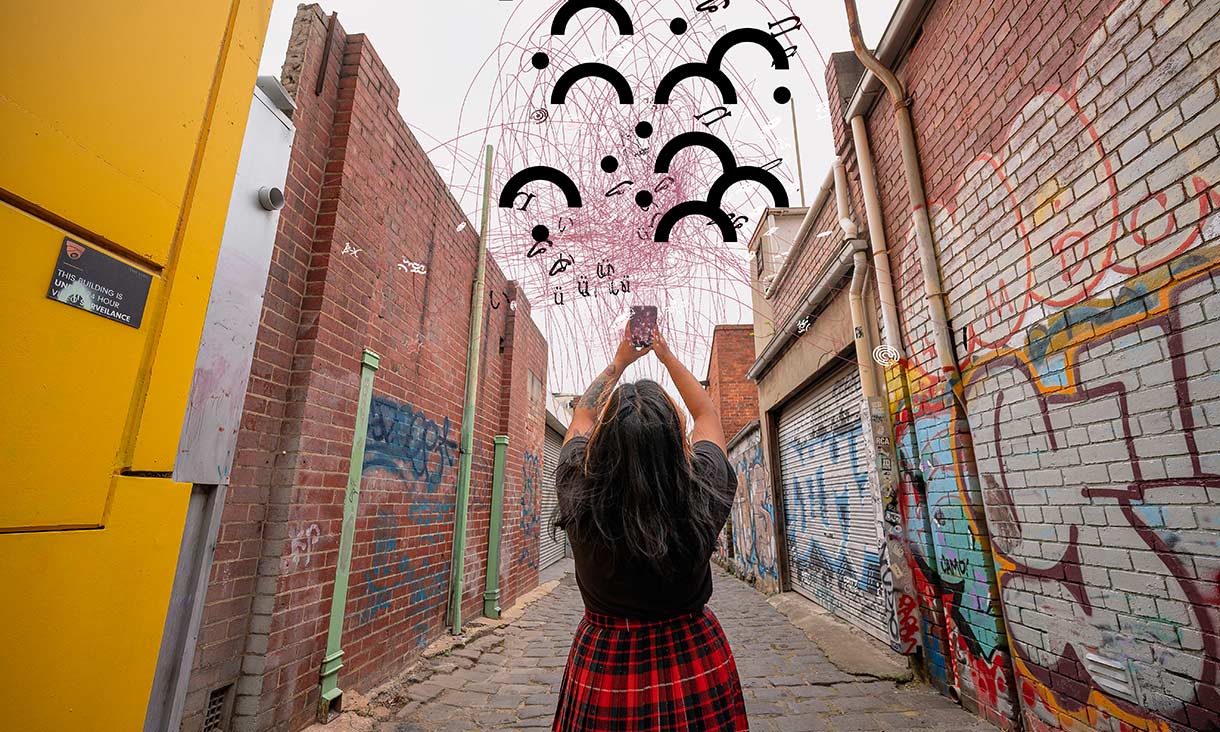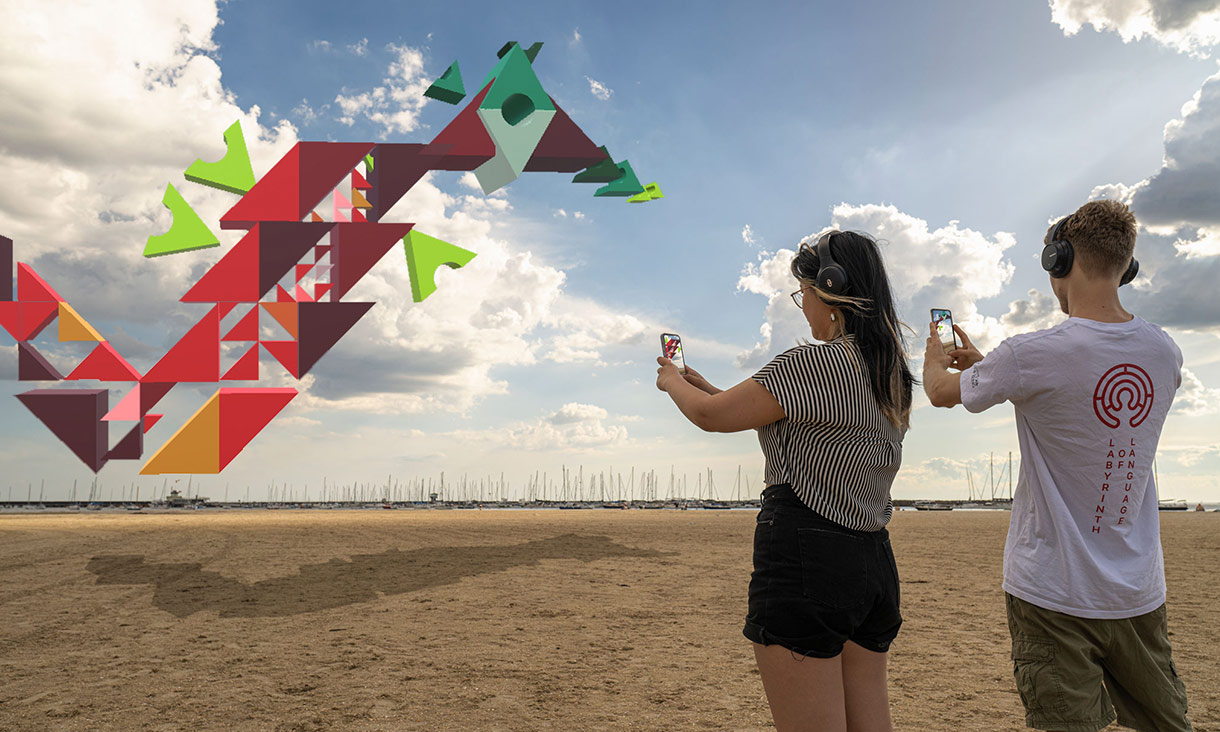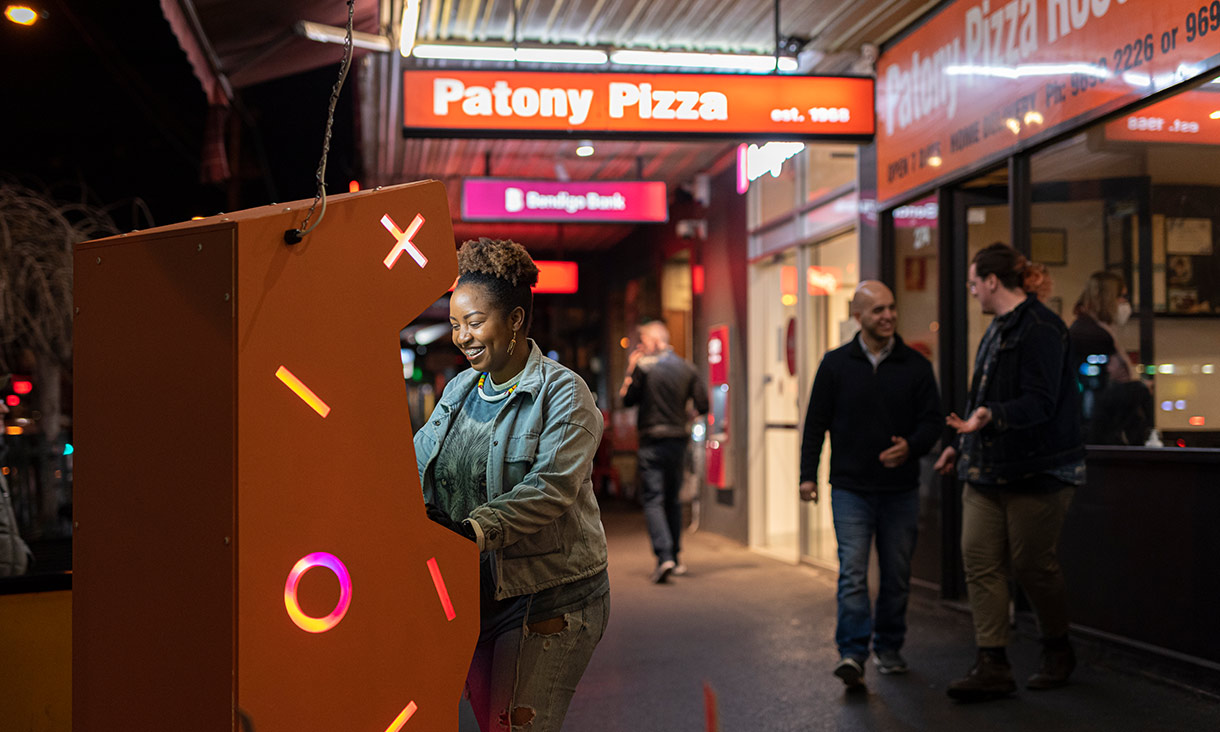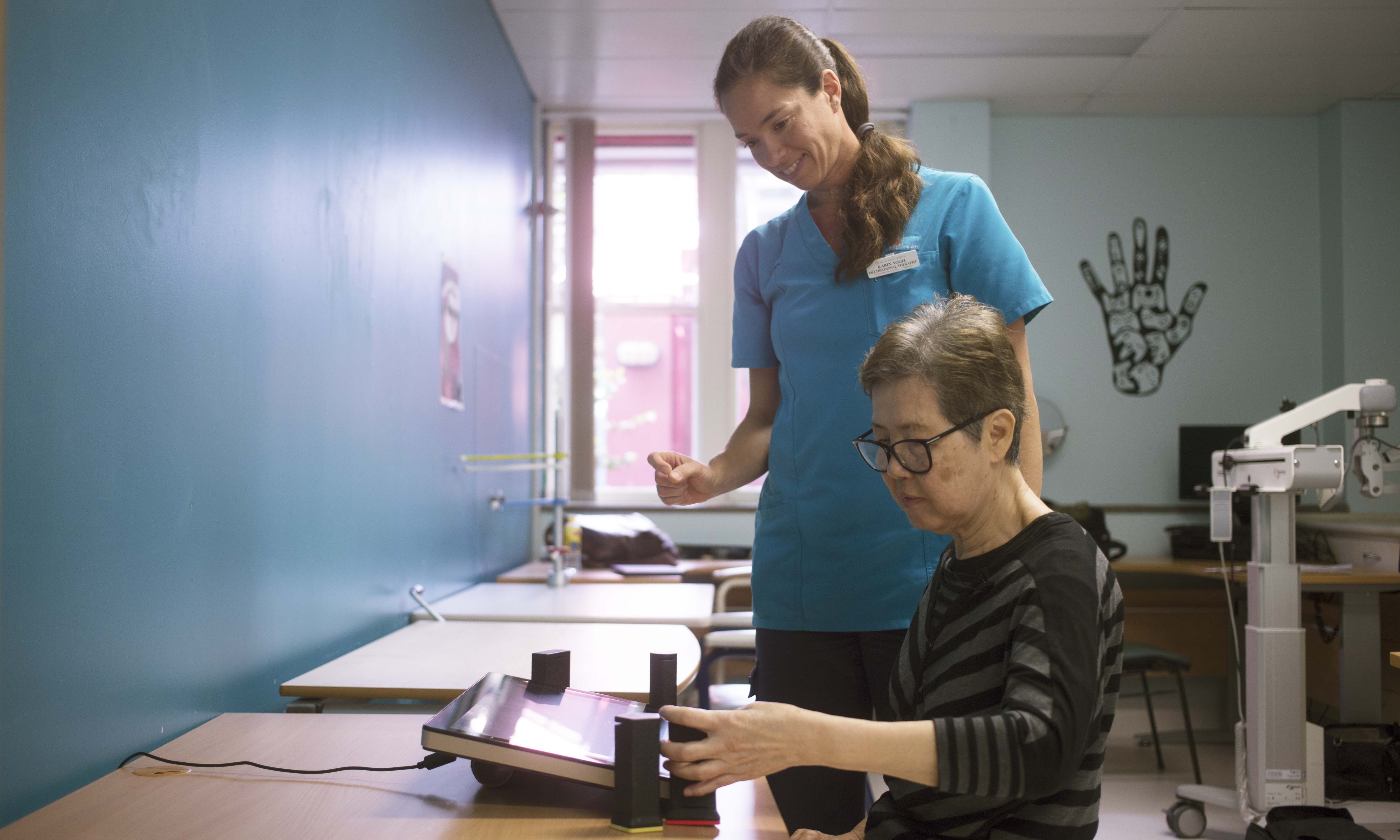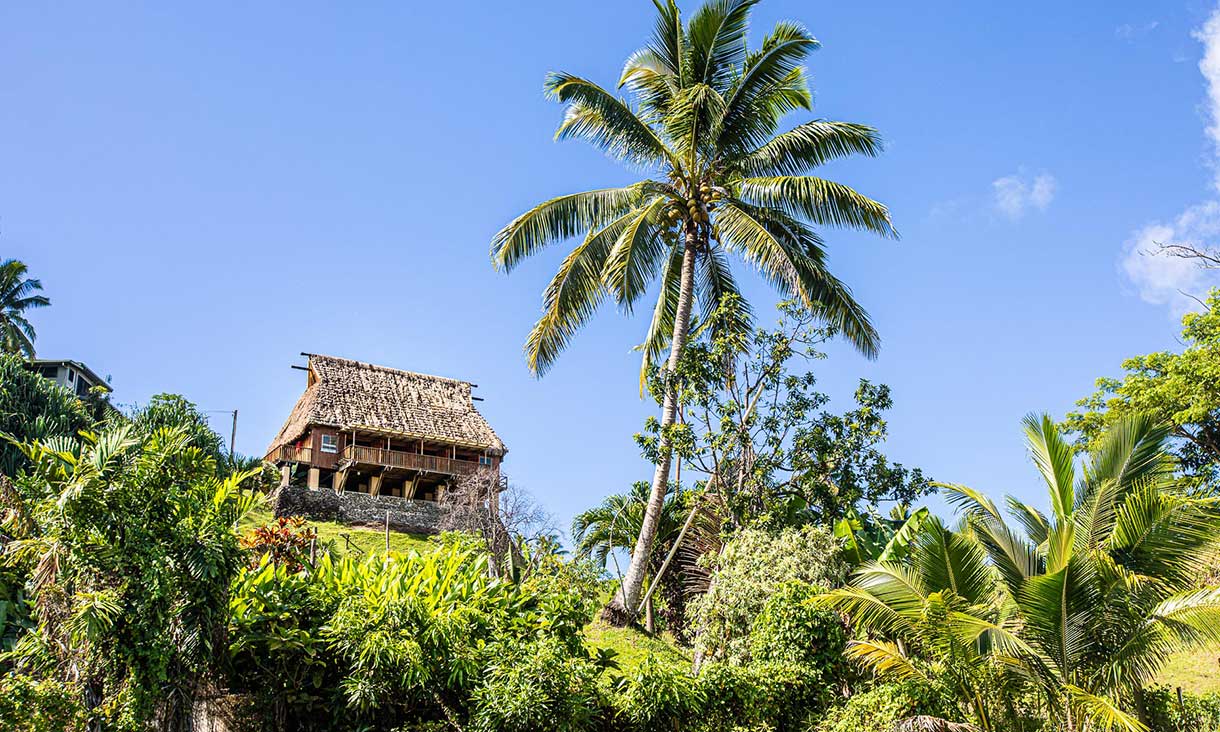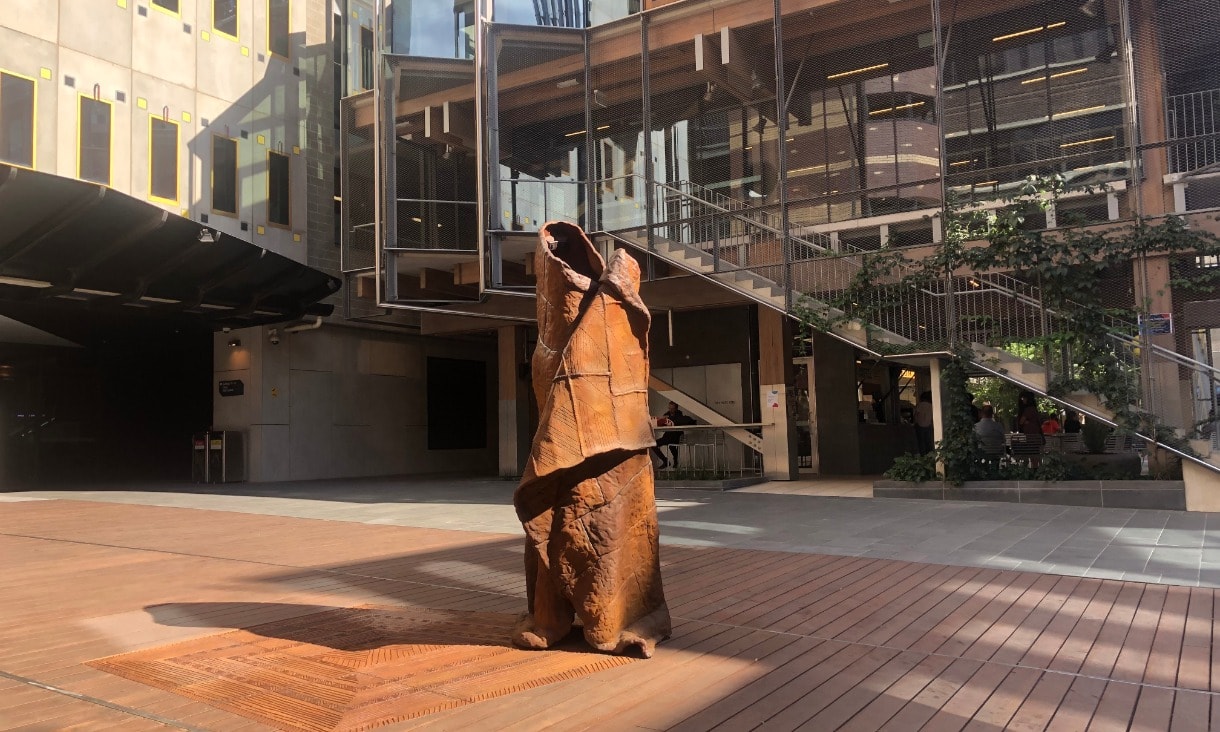Reworlding our cities: connecting people and place through urban play
Developing creative ways to connect people with public spaces through urban play is the focus of research led by artist gamemaker Dr Troy Innocent.
New touch-screen therapy tool for stroke rehabilitation
New touch-screen therapy tool for stroke rehabilitation and acquired brain injury.
Creating social change through humanitarian architecture
A community resource centre in a rural region in Fiji is empowering the lives of indigenous women.
Weenthayoothan: towards a relational and ethical cultural framework for making public art on Country
Weenthayoothan intends to delve deep into complex and very context-specific examples of public art commissioning to uncover best practice principles.

